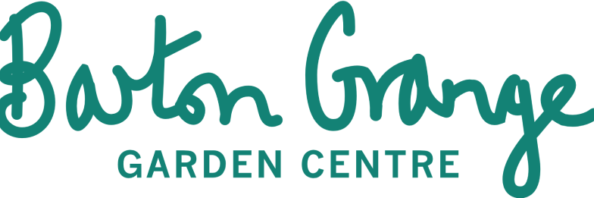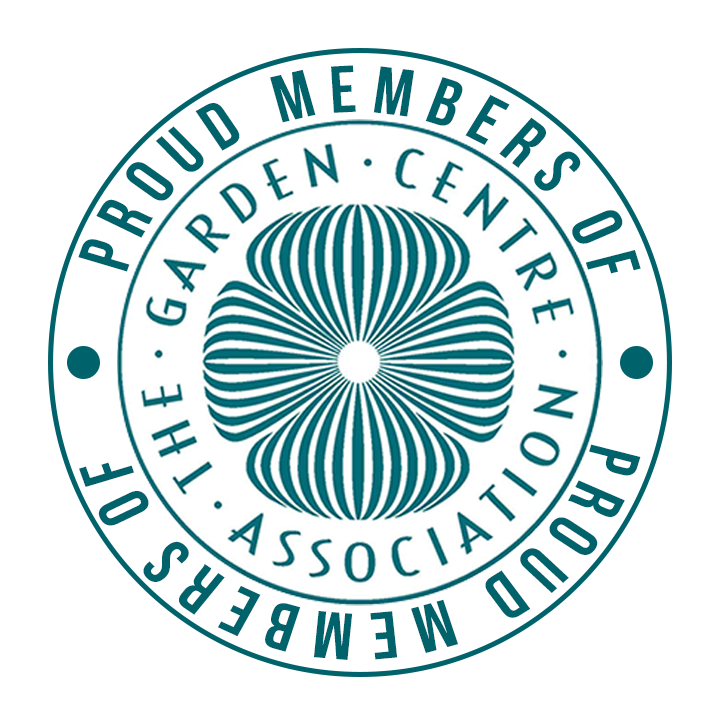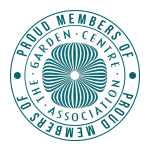Wildlife-Friendly Gardening
Put wildlife at the heart of your garden.
There are so many innovative ways you can make a wildlife friendly garden for birds and wildlife to thrive.
Read on to find out more.
National Allotment Week
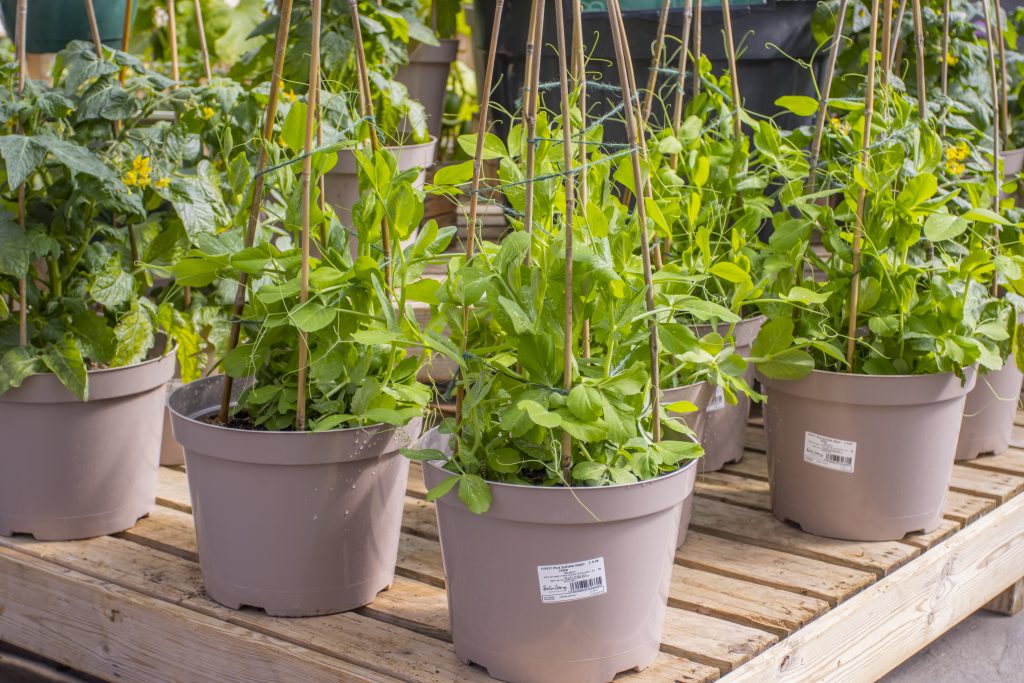
12th August – 18th August 2024
Celebrating biodiversity on UK allotments
Create an allotment that is both beautiful and beneficial!
Grow your own –
Pollinators and Wildlife –
Eco-Friendly Pest Control –
Companion Planting –
Soil Health –
Our Top 10 Plants for a Wildlife Garden
Attract butterflies, bees and other pollinators with our specially selected plants that will encourage wildlife into your garden.
Allium, Aster, Knautia, Syringa, Achillea, Buddleia, Cirsium, Lavatera, Verbena and Alstromeria.
Wildlife Care
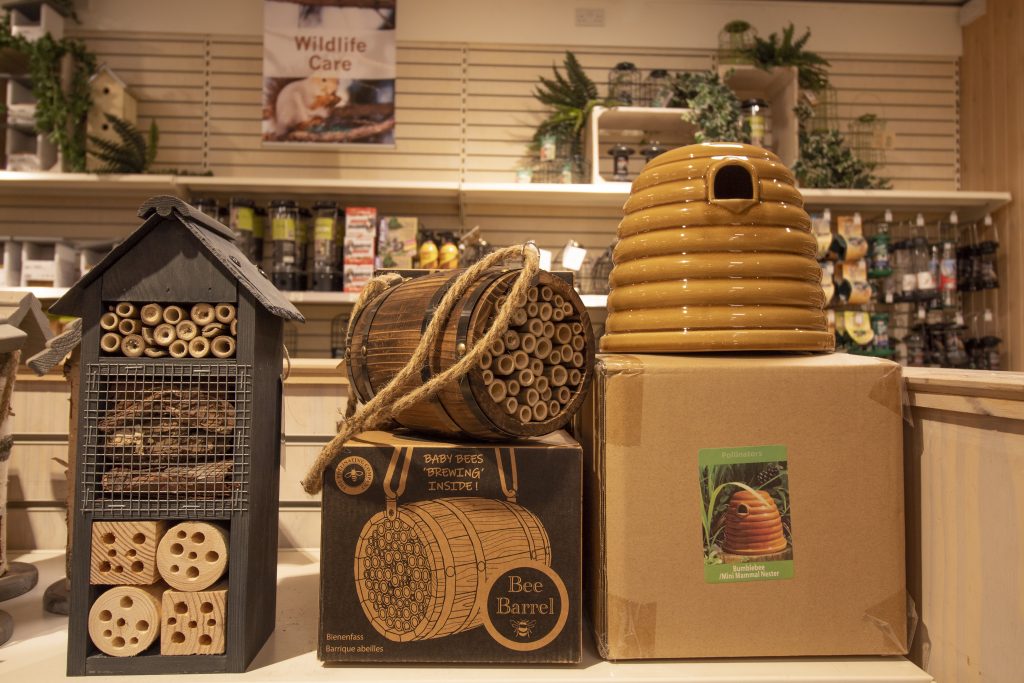
Discover our variety of products to help you create a wildlife-friendly garden and make your garden more interesting. Find bug boxes, hedgehog gates, bee habitats, food and more. It won’t be long until you create your very own haven! Our friendly team is always on hand to offer guidance and advice in choosing the right products.
Go Native
Choose plants that are native to your area. Just go for a walk around your local countryside for inspiration. They are more beneficial to the ecosystem than foreign varieties because native pollinators often cannot recognise non-native plants as food.
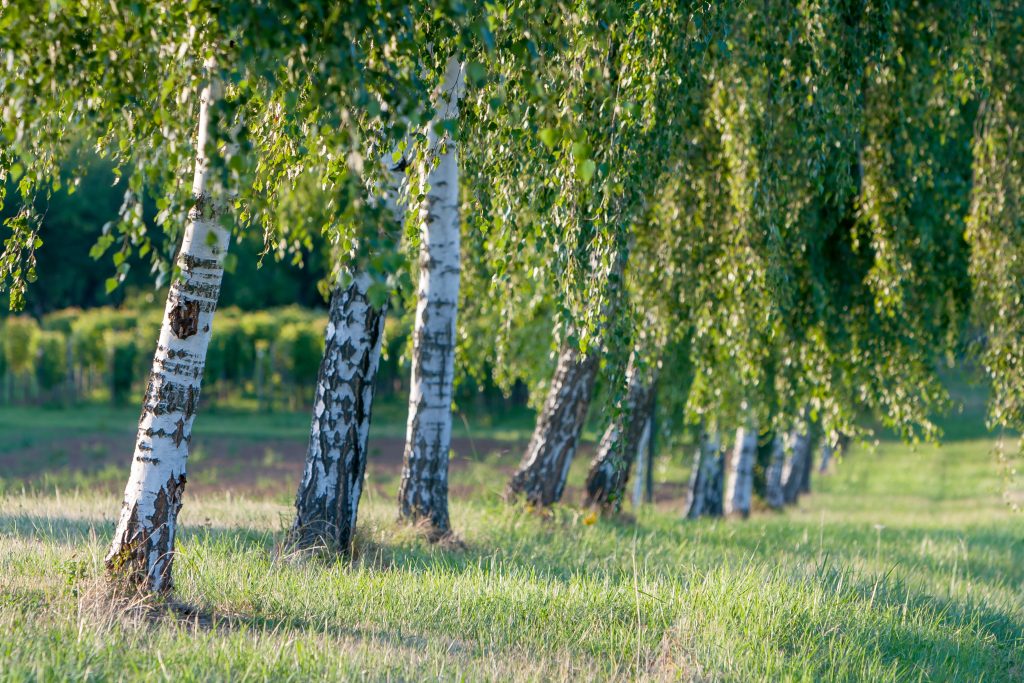
Native plants could include:
Acer Campestre (Field Maple) | Betula Pendula (Silver Birch) | Carpinus Betulus (Hornbeam) | Corylus Avellana (Hazel) | Crambe | Digitalis Purpurea (Foxglove) | Dryopteris Affinis (Golden Fern) | Fagus Sylvatica (Beech) | Geranium Sanguineum | Geum Rivale | Llex Aquifolium (Holly) | Potentilla Fruticosa | Prunus Avium (Cherry) | Prunus Padus (Bird Cherry) | Salix Caprea (Willow) | Sorbus Aucuparia (Rowan) | Taxus Baccata (Yew) | Trollius Europaeus
Please note, we don’t always have the native plants listed in stock year-round, and some varieties may be unavailable. Ask our team for guidance!
Pond Life
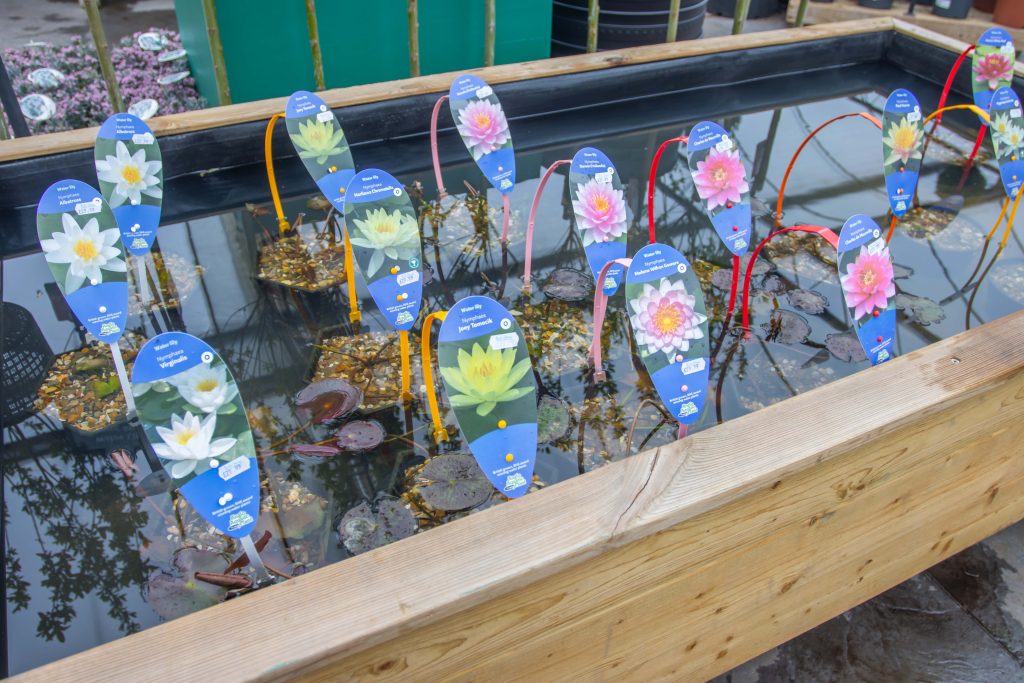
Even a small wildlife pond will encourage frogs, toads and newts to spawn, which is great news if you want less slugs and snails in your garden. A pond will also attract insects such as dragonflies and pond skaters. Make plans now to create one in spring.
We have a fabulous collection in our outdoor plant area with everything you need to set up your own pond in a container!
Compost Heap
Most of the composting process is carried out by tiny animals, fungi and bacteria. Slugs and snails, springtails, woodlice, millipedes, earwigs, worms, beetles and other creatures feast on the decaying matter and these attract hedgehogs, birds, frogs and toads who feed on them.
You can find composters in our Gardening and Wildlife department!
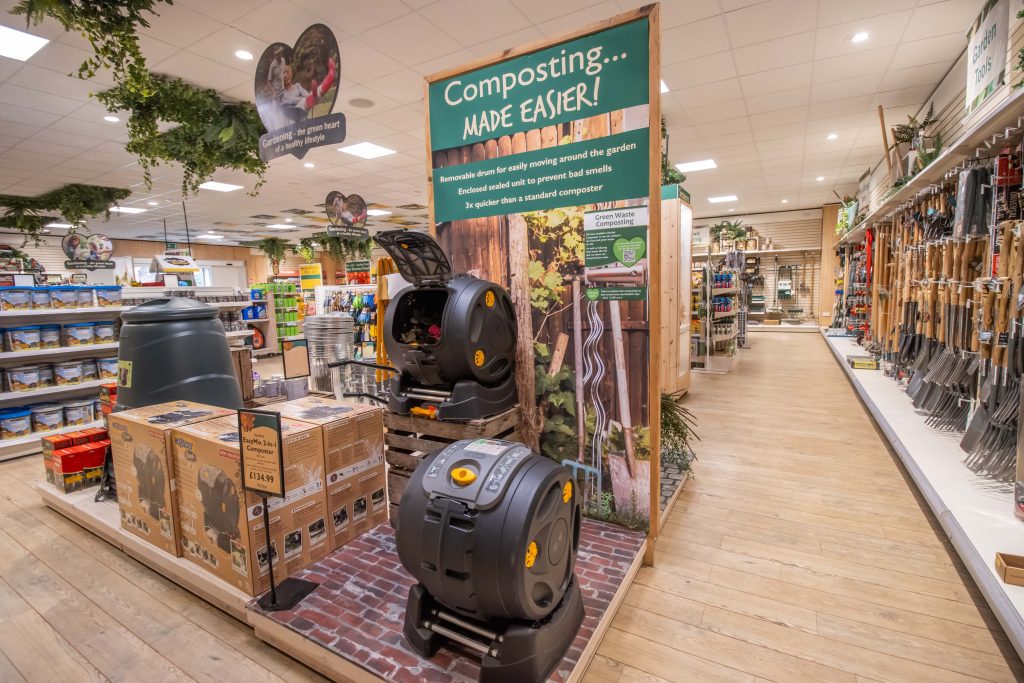
Plant Food
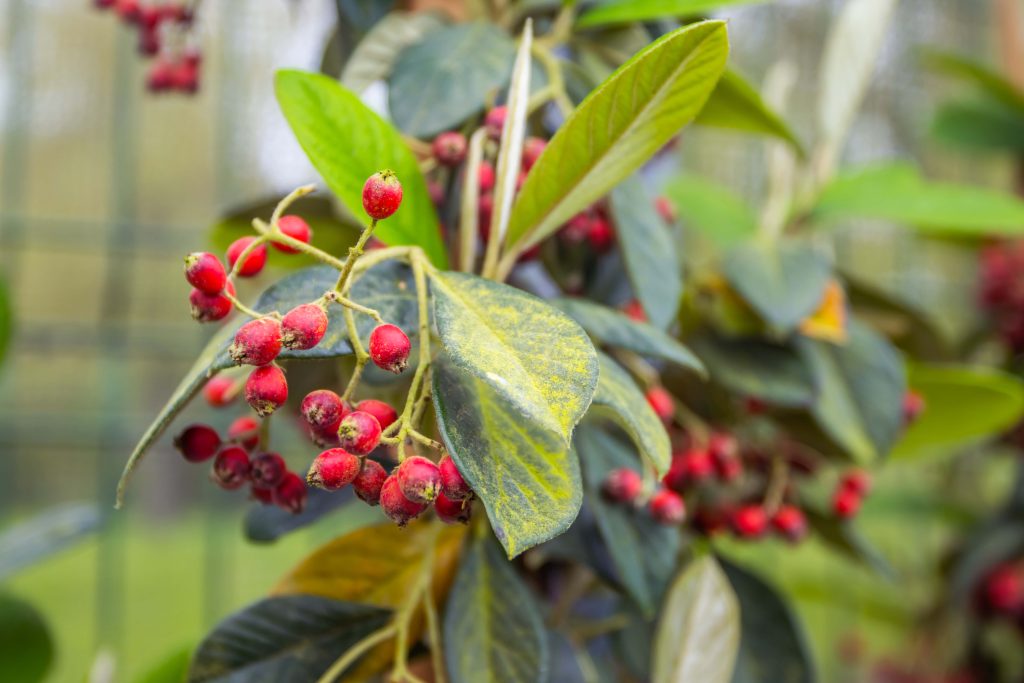
Plant tree and shrub varieties that produce healthy ready meals for wildlife including berries, fruits, seeds, nuts and leaves. Rowan, crab apple, elder, blackthorn and hawthorn will all serve up nutritious, energy-boosting treats.
Bug Hotel
We have three bug hotels at Barton Grange, two outside The Farm Shop and one in our outside plant area.
Opening a bug hotel is a great way to encourage beneficial insects into your garden. Many of these little creatures do important jobs like pollinating flowers and eradicating pests. Larger animals such as birds, fish and frogs also rely on insects for food. Speak to our team about how you can have one just like this!
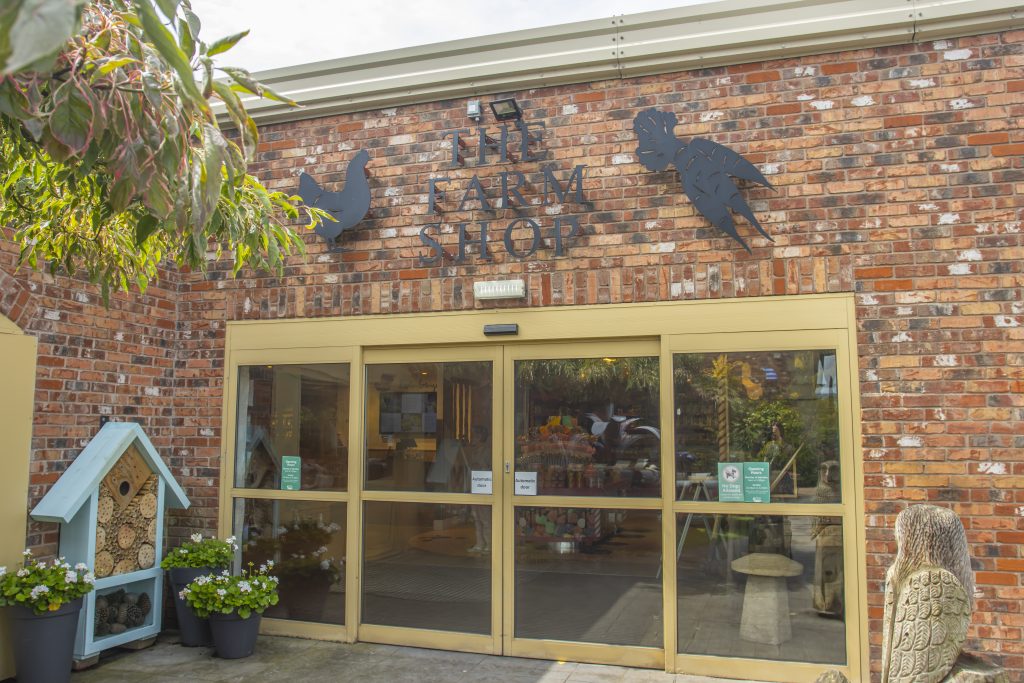
Night Shift
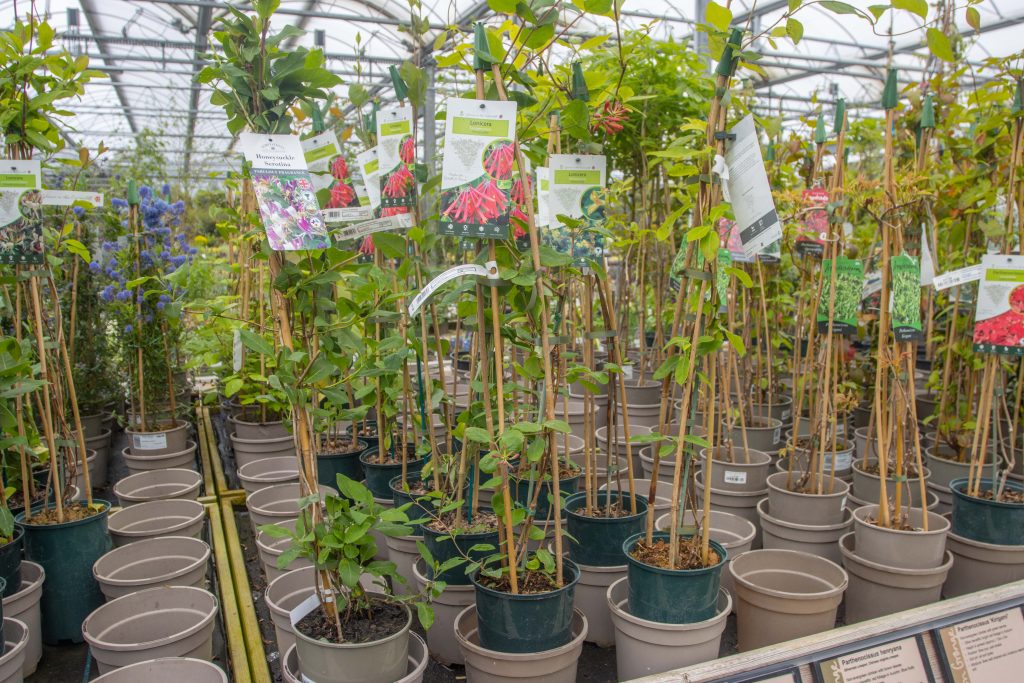
Honeysuckle is a night-blooming flowers that releases its scent after dark, attracting pollinating insects which are an attractive meal for bats. You can also help these night creatures by reducing or removing artificial lighting from your garden and around your property.
Going wild in your garden is easier than you think! You can make a difference, no matter how little space you have. Make a plan at the start of the year and it won’t be long before your garden is a wildlife haven!
Hedgehog Awareness Week
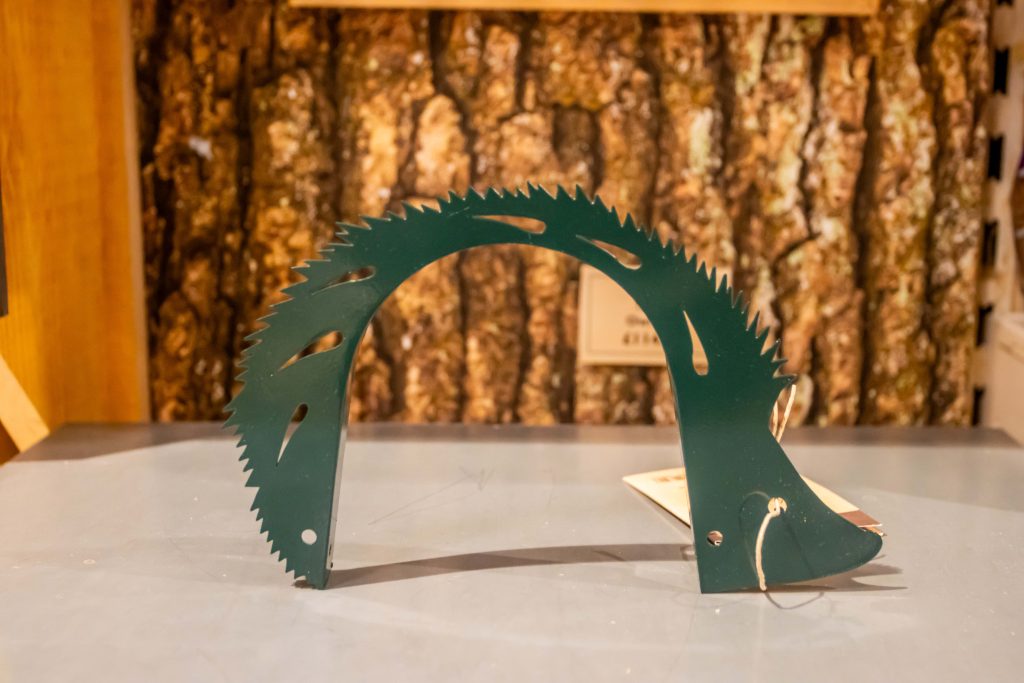
Hedgehog Awareness Week starts on the 5th May 2024. In our Gardening and Wildlife department, you’ll find an array of products that our prickly friends will appreciate!
From hedgehog crossings to snacks especially formulated for hedgehogs.
Take a look next time you visit us.
Plants to Attract Bees
At Barton Grange, we are committed to selecting the best plants we can from growers we trust. We are so confident in the quality of our plants that we offer a Five Year Hardy Plant Guarantee
20th May 2024 is World Bee Day!
Create a garden that is both beautiful and beneficial!
In our outdoor plant area, we have a space dedicated to helping you attracting bees into your garden.
Bee Friendly – Choose plants rich in the nectar bees love!
Bee Brainy – Many plants are pollinated by bees as they go from plant to plant.
Bee Diverse – Keep plants that will flower from spring onwards for a continuous food supply.
Bee Colourful – Bees are especilly attracted to blues, purples, whites and yellows.
